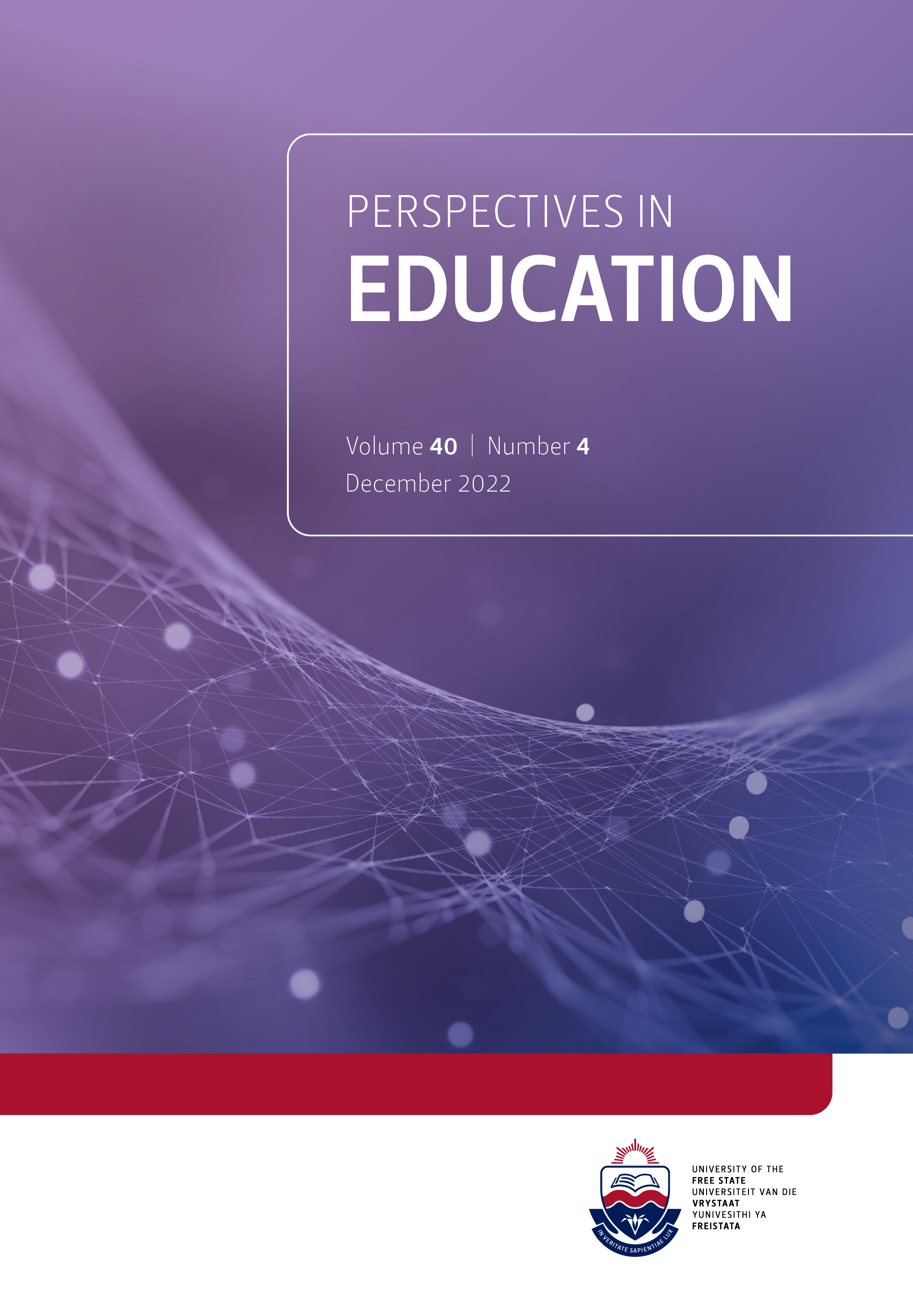Future-fit leaders for future-fit schools: Principal narratives of leading rural primary schools for 4IR imperatives
DOI:
https://doi.org/10.38140/pie.v40i4.6812Keywords:
Digital skills, Future-fit leadership, Future-fit schools, Fourth industrial revolution, Rural schoolsAbstract
The digital divide and the low socio-economic status of many South African school communities, including rural Limpopo, the site of this research study, created an immediate and urgent need to transform teaching and learning during the unprecedented Covid-19 global pandemic. Within this context, this study demonstrated the importance of technology and digitisation in building future-ready schools. The literature study clarified the requirements of a neuroleader as a future-fit leader and used the theoretical framework of neuroleadership to define and explain future-fit leadership. Insights for this article were derived from 10 school leaders in rural Limpopo primary schools. The data was collected using WhatsApp voice notes, which were converted into narratives for each of the principals. Digital stories of each school were also used. The phenomenological approach was adopted to better understand the lived experiences of these principals. Thereafter, the data was analysed using thematic analysis in order to identify themes or patterns in the narratives. The main findings emphasised the necessity of neuroleadership in a future-fit leader. Finally, more research is required to investigate the idea of creating entirely digital rural schools with a rotating schedule that alternates between days of in-person instruction and days of online instruction.
Downloads
##submission.downloads##
Published
How to Cite
Issue
Section
License
Copyright (c) 2023 Frenchesca June Clark , Paul Triegaardt

This work is licensed under a Creative Commons Attribution 4.0 International License.





